-
You are here: Home > Next Gen


Next Gen
Australia’s support of international agricultural development means there are innovative, rewarding and global careers available for young Australians. The Crawford Fund offers a growing set of programs to encourage passionate next generation ‘nextgen’ students, researchers and farmers in their studies and careers and into volunteering opportunities in agriculture for development.
We deliver opportunities through our partnership with Researchers in Agriculture for International Development (RAID) Network by providing scholarships to our annual conferences and specially developed scholar activities; through our student awards; and, by providing volunteering opportunities within our mentoring program.
Our activities have been given an added boost since 2019 with annual funding from ACIAR to add to the wonderful work already underway by a myriad of organisations and influencers encouraging young Australians into agriculture.
A career in international agricultural research is challenging and rewarding with unlimited opportunities. Read more about what we offer below.
RAID Network
RAID Network is an active network of early to mid-career researchers with an interest in agriculture and international development, through which they share knowledge and opportunities, build research capacity, and communicate the value of agricultural research.
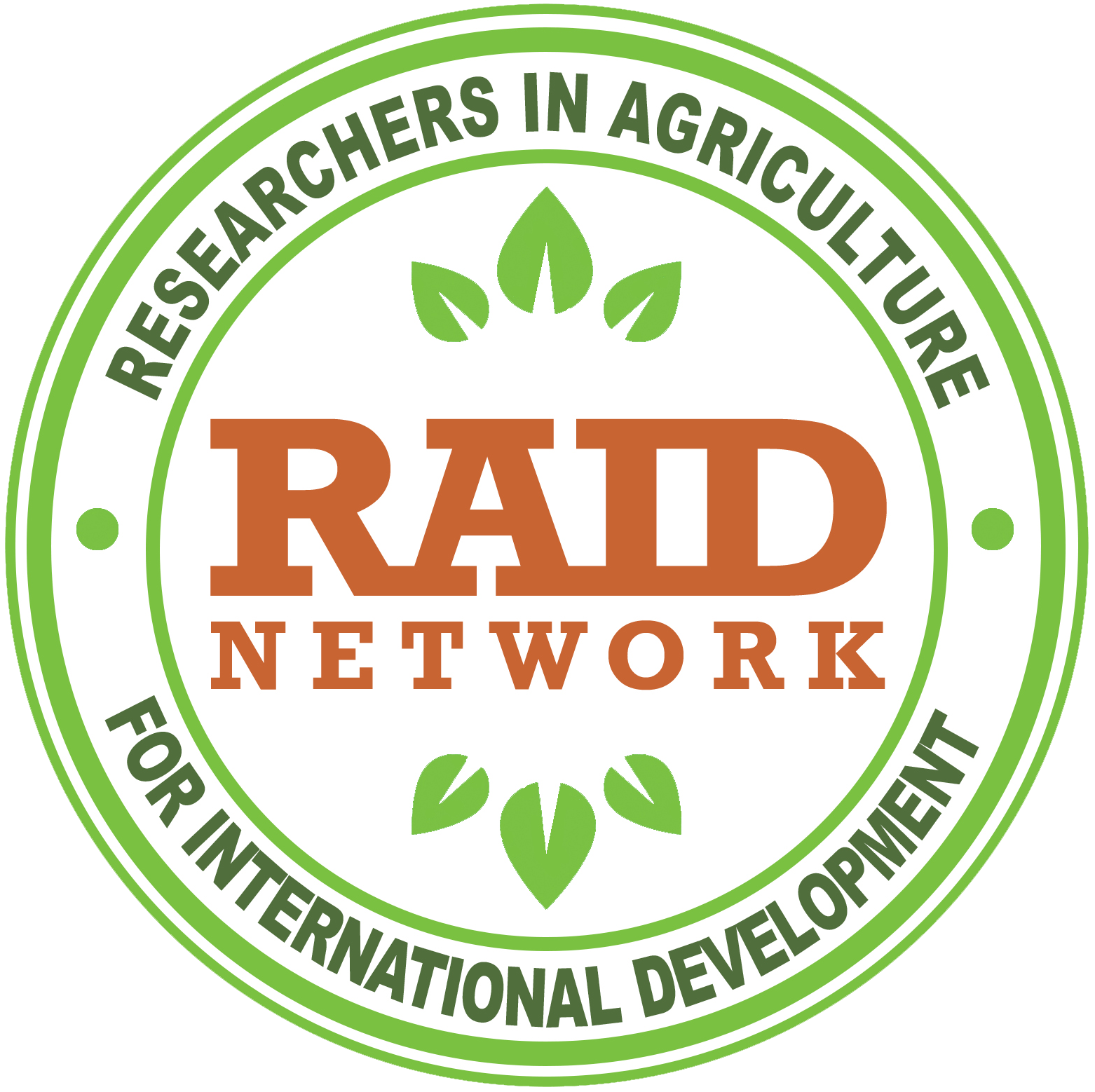
We value the contribution of our ‘nextgen’, with RAID having an increasingly active role in Crawford Fund activities. The Fund partners with RAID to connect, engage and support up-and-coming researchers in Australia, and while RAID operates as an independent committee of the Fund, RAID members work with us in our outreach, capacity building and State Committee programs.
RAID provides the ‘keynote listeners’ report and helps deliver the Conference Scholars activities at the Crawford Fund Annual Conference each year, resulting in young researchers mentoring and motivating university students into a rewarding, interesting and diverse career path.
A pivotal part of RAID’s vision is its public and professional presence, which is achieved through its online profile, networking events, professional development workshops and its partnership building. RAID’s membership continues to grow in leaps and bounds and the RAID website is the central location for all stories, jobs, opportunities and events for the next generation of agriculture and international development researchers, farmers and volunteers.
Scholar Program – unique learning, networking and mentoring
The Crawford Fund Scholar Program is a unique learning, networking and mentoring opportunity for young students and scientists with a genuine interest in international agricultural research and development.
If you are lucky enough to be awarded a scholarship to attend the Crawford Fund Annual Conference, you will learn from, be inspired by, and be paired with some of the leading experts and nicest people in the international agricultural development arena. And you will love it! We post the reflections of all of our scholars – you can read the wonderful experiences of our 2024 cohort here.
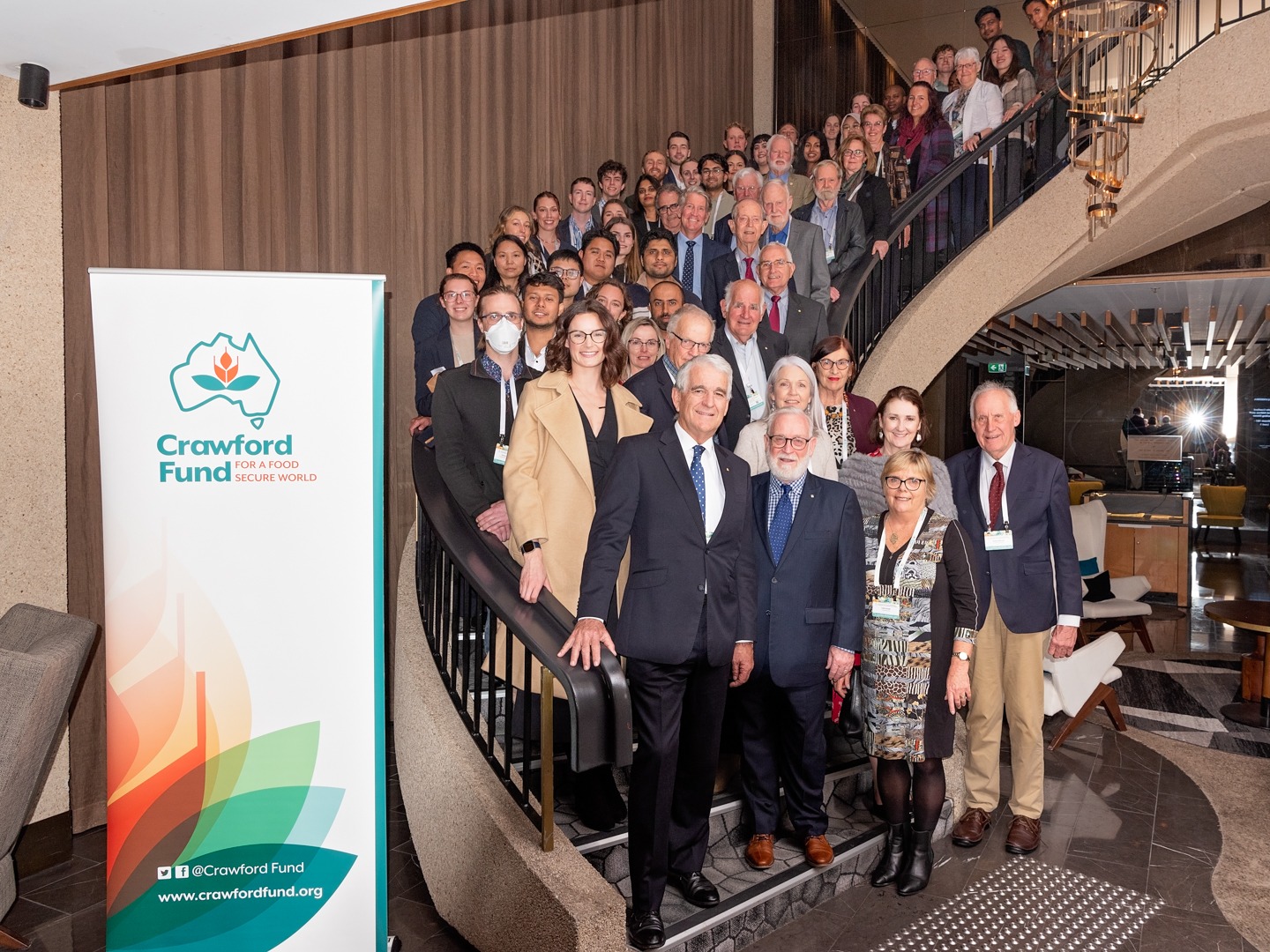
The scholar activities around the conference include personal discussions with inspiring international speakers from the conference providing career advice and the matching of personal mentors for the duration of the conference and, depending on those involved, well into the future.
The fun and informative activities are developed in partnership with young and ‘old’ agricultural scientists and RAID members.
This initiative represents one of the foundations of our efforts to encourage young Australians into international research, development and education careers for the benefit of both developing countries and Australia. Since the program started in 2010, we have had 450 scholars participate.
Student Awards – go, see, learn
Each of our State and Territory Committees support visits to developing countries by students, so they can gain valuable experience and expertise overseas ‘in the field’ or supported engagement with overseas work.
These awards are particularly targeted at university students in agriculture, animal production, fisheries, forestry, natural resource management or any area related to food and nutrition security looking to explore their subject area in an international agricultural project context. In one year alone, our Student Award recipients travelled to countries including Vietnam, Honduras, Timor-Leste, Tanzania, Cambodia, Solomon Islands, Vanuatu, Malaysia and the Philippines. They researched commodities as diverse as beef cattle, spiny lobsters, cassava, fisheries, sweet potato, mango and rice, as well as areas related to biosecurity, integrated cropping systems, media and marketing.
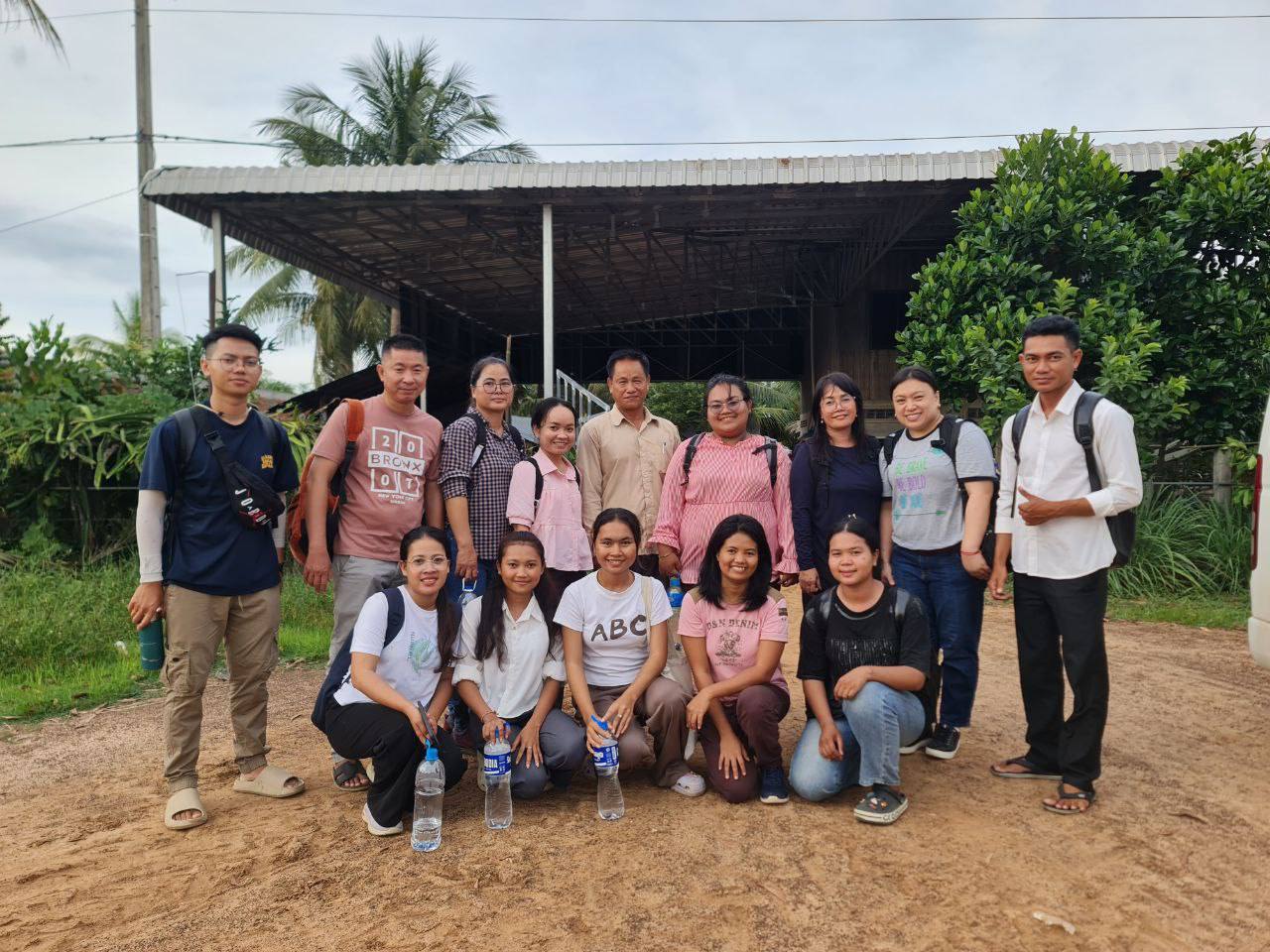
We are particularly appreciative of ACIAR and the international agricultural research centres, for allowing many of our Student Award winners to work within their projects. Following their often life-changing experiences, our young and enthusiastic researchers write about their journey and these are proudly highlighted on our website and social media accounts.
We post blogs on the experiences of our student awards, and they also contribute to our Instagram Campaign when they are in-country, so check them out.
Crawford Fund Henzell Awards
NEW UNDERGRADUATE OPPORTUNITIES
Launched at our 2024 Annual Crawford Fund Conference, with the support of Ted and Frances Henzell and family, the Crawford Fund is offering national awards to fund brief visits by Australian undergraduate students to international agricultural research projects in developing tropical countries in the Asia Pacific Region, Kenya, Tanzania, Mozambique and Madagascar.
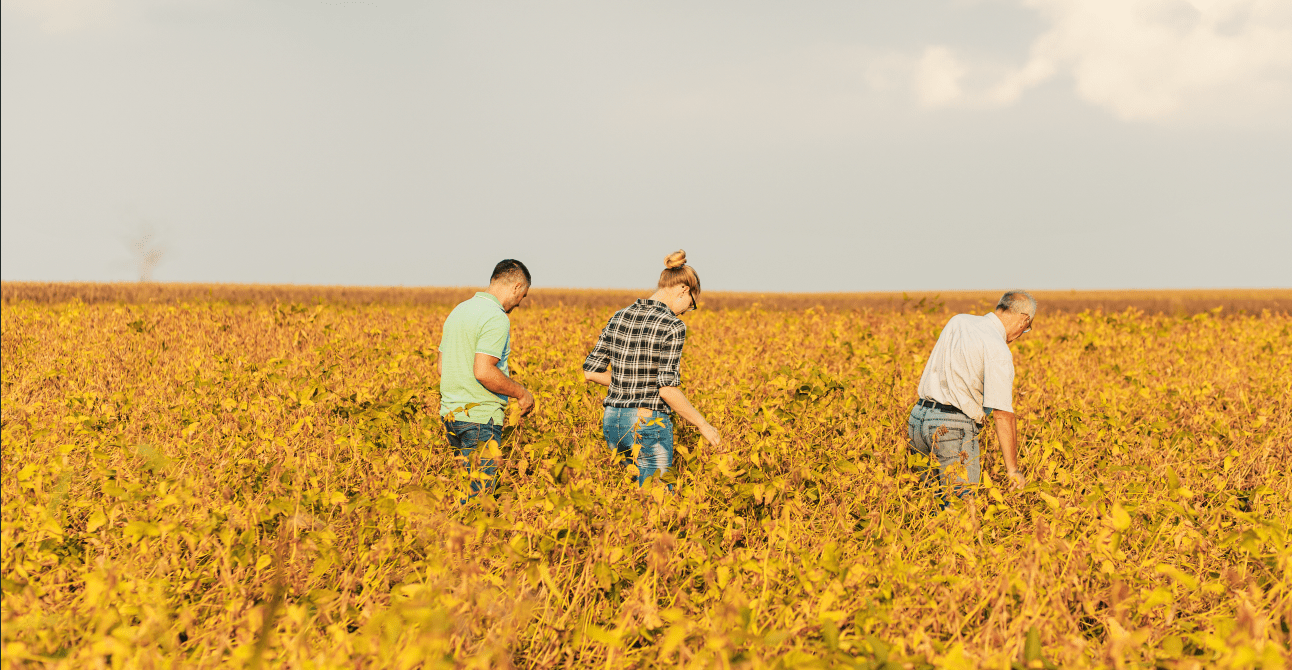
These awards are available to Australian citizens or permanent residents who are at least in their second year studying at the undergraduate level at an Australian university.
Reflecting the need for a multi-disciplinary team to take on the task to improve food and nutrition security, students can be studying in any area of relevance to food production and food and nutrition security.
We are proud to offer another opportunity for Australia’s NextGen to experience the professionally and personally rewarding pathway offered by pursuing food and nutrition security, both in Australia and abroad.
Mentoring and Volunteering – helping hand in hand
Our mentoring program matches experienced Australian mentors and volunteers with overseas partners working together on agricultural projects. We have regular and dedicated programs delivering outcomes with long-term benefits in developing countries including Cambodia, Laos, Timor-Leste and Vietnam, as well as other opportunities as they arise through networks and training programs in other countries and with other projects.
As part of our extensive mentoring program, the Crawford Fund helps to place, develop programs with, and encourage Australian agricultural volunteers, to work in developing countries to build local capacity.
Volunteers usually come through the Government’s Australian Volunteer Program within the Department of Foreign Affairs and Trade (DFAT). Volunteers from this program work in developing countries to build local capacity, but volunteers could be in country more short-term as New Colombo Plan scholars or, as self-funded volunteers.
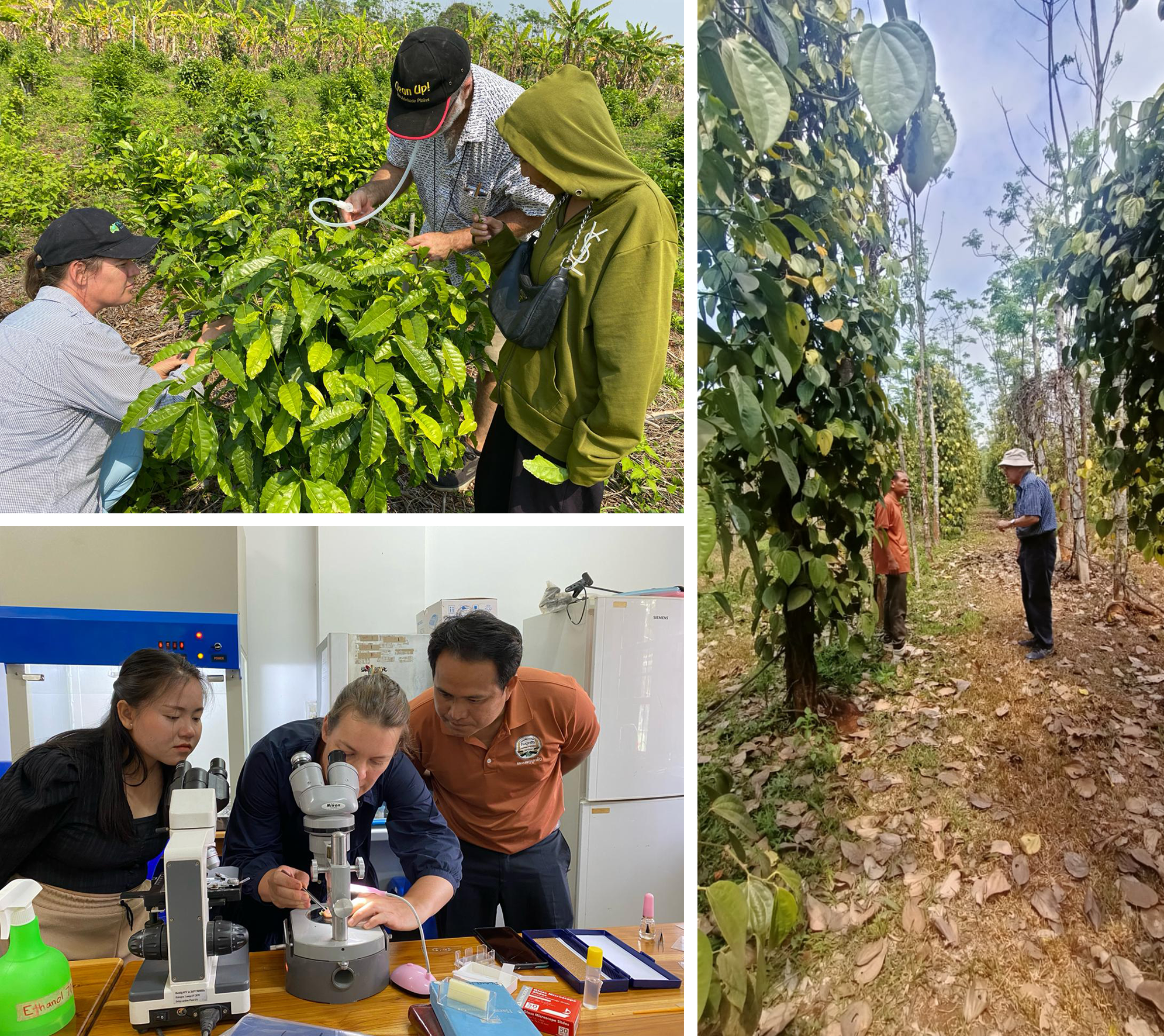
Check some of our more recent videos:
Young Voices In Agriculture for Development features four keen NextGen-ers talking about what it’s like working for food and nutrition security in Laos, Cambodia and Indonesia.
Why Choose Agriculture for Development? highlights the experiences of members of the Australian Council of Deans of Agriculture, and their insights into why they think students should take on studies and careers in agriculture for development.
Volunteering is the perfect way to gain on-the-ground practical experience in your chosen field. The experience will fast-track your learning, boost your career opportunities, and, in the field of international agriculture, you will see the immediate need and impacts you can deliver well into the future. As often happens, you volunteering may evolve into you mentoring…and the Crawford Fund can walk that journey with you.
Contact us to find out more.
Our Boosted NextGen Work
Since 2019, our activities have been given an added boost with funding from ACIAR to support additional ‘NextgGen’ work.
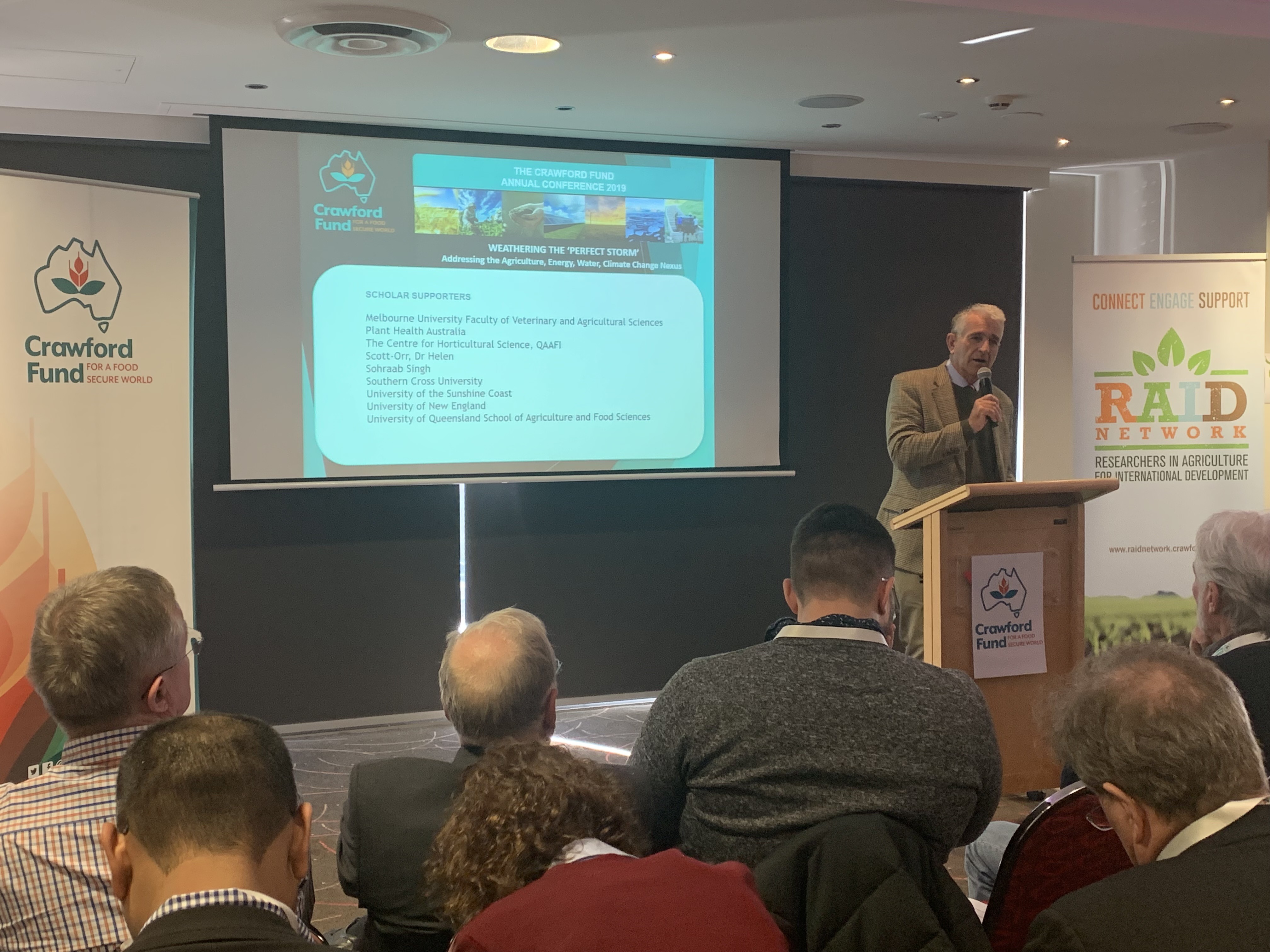
We set out to ‘not reinvent the wheel’ but add the element of ‘international’ agriculture to activities of those who have been ably involved for some years in engaging young Australians in agriculture. The response from them all could not have been more positive. In our first year, we held 14 physical or online events, almost 30 blogs were published and more than 20 videos were produced.
Since then, we have had three more years in which we focused on highlighting the many and varied career pathways to agriculture for development and went on to develop and release teacher modules and related materials (explained below). Other activities have included production of more videos, blogs, NextGen events, teacher workshops and webinars.

There have also been a number of online events, some of our highlights include:
RAID Network member and ACIAR’s former graduate, Sam Coggins spoke engagingly on the impact of international agriculture and the diverse range of career pathways to agriculture for development, at the 2020 Agricultural Careers Expo an online event with over 1,000 agriculture and primary industries teachers, careers advisors and high school students registered. He also wrote about the experience.
A NextGen online webinar “NextGen Needed for Reshaping Food Systems after COVID-19” presented by Colin Chartres to University of Melbourne senior students and supervisors.
Watch this space for other NextGen activities we have in the pipeline. We look forward to sharing further boosted ‘NextGen’ efforts with you.
Or, if you would like to support our next generation initiatives, please do so here.
Secondary School Teaching Materials
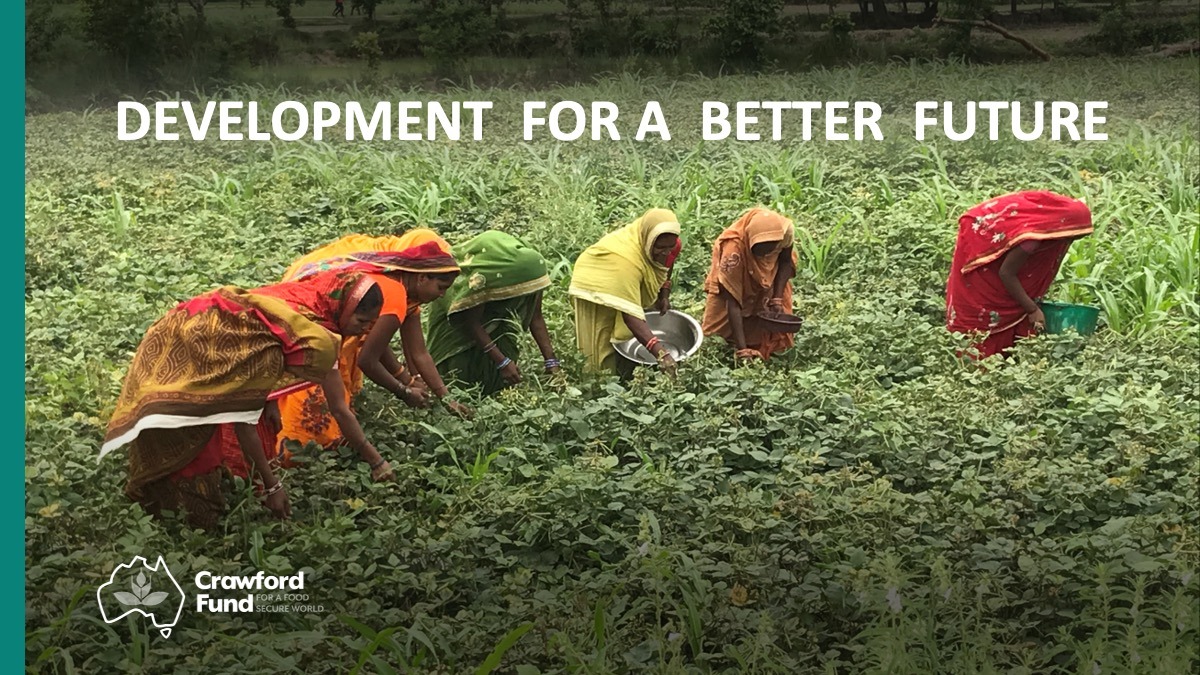
FREE Resources for Secondary Schools
Engaging young Australians in international agriculture and agriculture for development has meaningful and beneficial outcomes for food and nutrition security, for the students and for Australian agriculture.
With the support of the Australian Centre for International Agricultural Research (ACIAR), we have developed free project-based learning materials – Development for a Better Future.
The materials align with the Australian National Curriculum V9 with a particular focus on Sustainability and Asia and Australia’s Engagement with Asia. The Educator Guide and Student-Directed learning materials are particularly relevant to Geography, Science and Technologies for Years 9 – 11.
Details:
- Units of work for 2 – 5 weeks. Topics include:
-
- Climate Change & Food and Nutrition Security;
- Climate Smart Technologies;
- COVID-19 & Food and Nutrition Security;
- Australia – A Powerhouse of Agricultural Research;
- Gender Dimensions in Agriculture;
- Genebanks – More than Saving Seeds; and
- Food Loss & Waste.
- Editable PowerPoint presentations.
- Student Directed Learning materials on Food Loss and Waste and Climate Smart Technologies
- Consolidated list of projects, resources and videos
- Assessment tools, including a rubric for Geography.
- Access to webinars with our education expert
Register for access to these resources here.


